The first ``authenticated deep fake'' made seriously by an AI company will be released, and a world where images on the Internet can no longer be trusted has arrived

Truepic, which provides a digital content verification service, and Revel.ai, which handles realistic composite images using artificial intelligence, jointly produced and released the world's first ``certified deep fake video''. The deepfake video created with the consent of the female performer is extremely realistic, and the content clearly shows the need for a mechanism to identify synthetic content.
Revel-Truepic
A convincing AI-made video that tells on itself
https://www.axios.com/2023/04/04/a-convincing-deepfake-that-tells-on-itself
You can see the deep fake video produced by Truepic and Revel.ai from the following.
Mirror of Reflection-YouTube
This video was synthesized with deep fake technology with the consent and cooperation of Mr. Nina Schick, a writer who has a deep knowledge of generative AI.
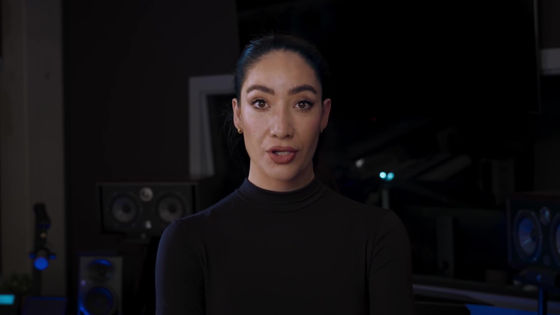
However, since there is no unnatural part, I do not know where on earth it is synthetic.
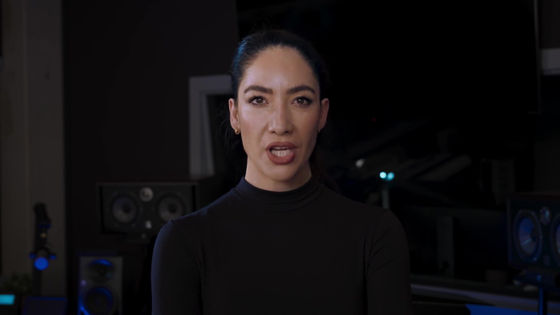
When the woman in the video raises the question, 'Now that we are approaching the dawn of the age of artificial intelligence, the line between reality and fiction is already blurring,' the woman's face changes. It seems that Mr. Schick is reflected in the image after the change.
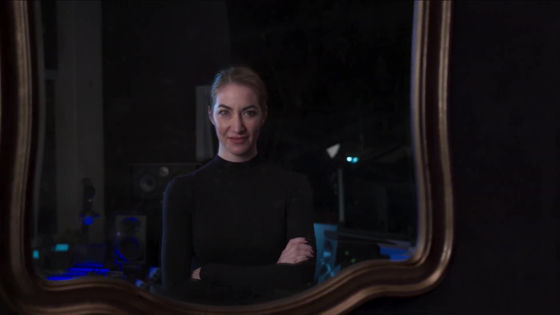
This video was released in three stages. At the production stage, Mr. Sick is first shot from all angles multiple times.
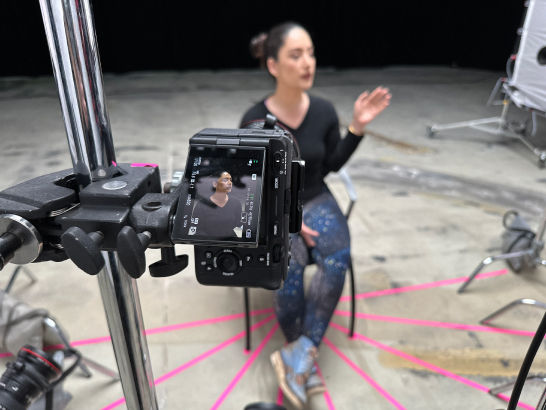
Then, the AI model is trained until it can output images that are indistinguishable from the real thing.
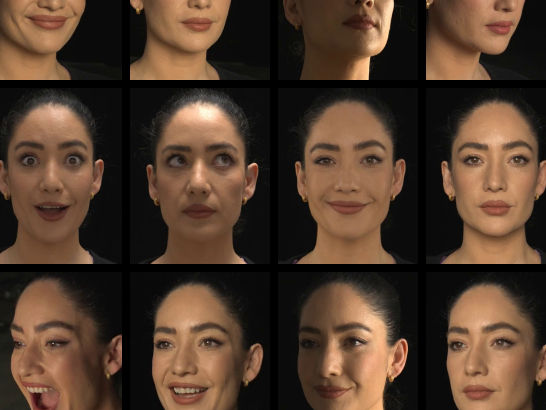
The deep fake video completed by Revel.ai was given a certification label stating that it was synthesized with AI by Truepic and the creator's information.
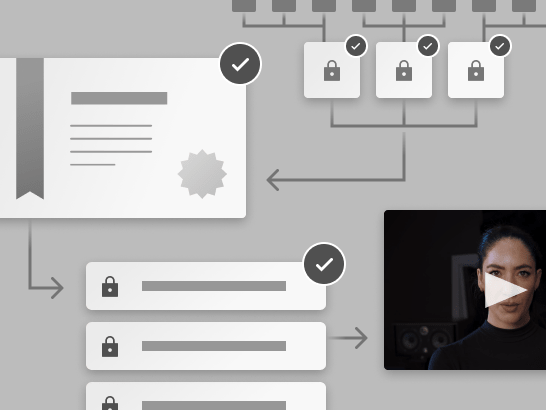
Due to the development of AI, it is becoming difficult for human eyes to see deep fake images, so the authenticity of the image can be confirmed only after such a label is given.
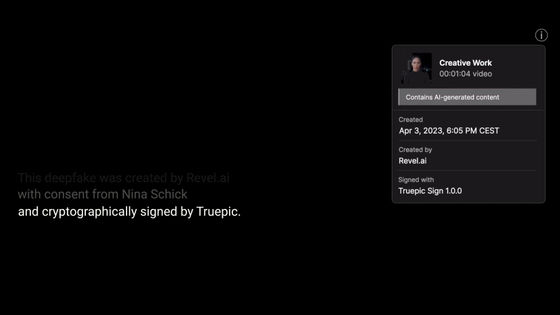
Truepic CEO Jeffrey McGregor said, ``The age of deepfakes has arrived, and footage that cannot be proven where it came from should be viewed with suspicion.Today, digital footage should not be trusted. No,' he said, acknowledging the increasing need to label synthetic content.
Related Posts:







